There's a common belief among affiliate marketers that Google Ads has a bias against landing pages built using WordPress. Some think the Google algorithm treats WordPress websites unfairly, while others disagree, saying that WordPress is just not good enough. This has led to uncertainty about whether it's wise to use WordPress landing pages for advertising campaigns.
In this article, the YeezyPay team, a service that provides access to trusted agency accounts for Google Ads is going to clarify whether these fears are true or not, and whether the Google Ads system is really biased towards websites created using the most popular website builder.
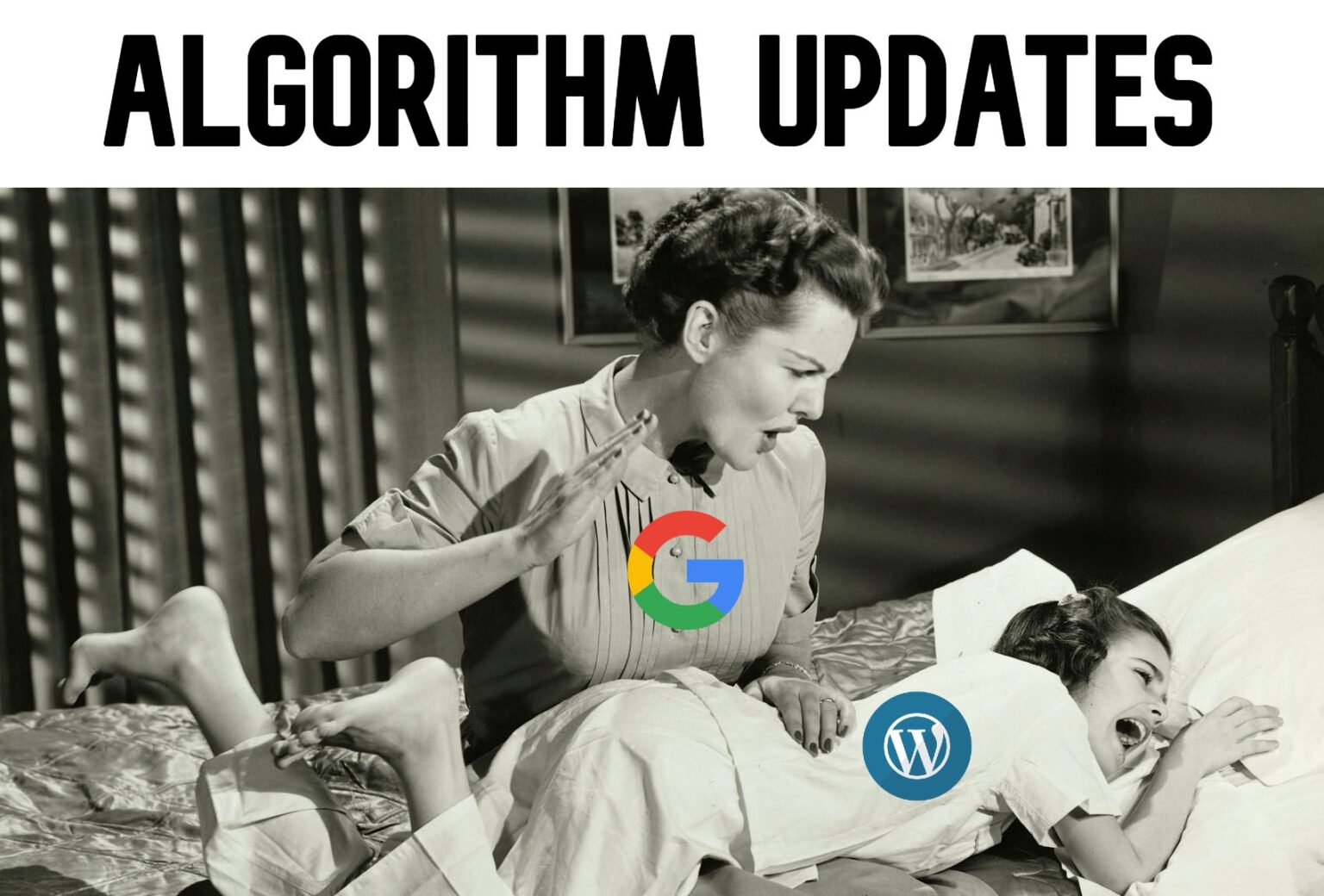
Let's look at what might actually cause Google Ads to "dislike" landing pages designed on WordPress.
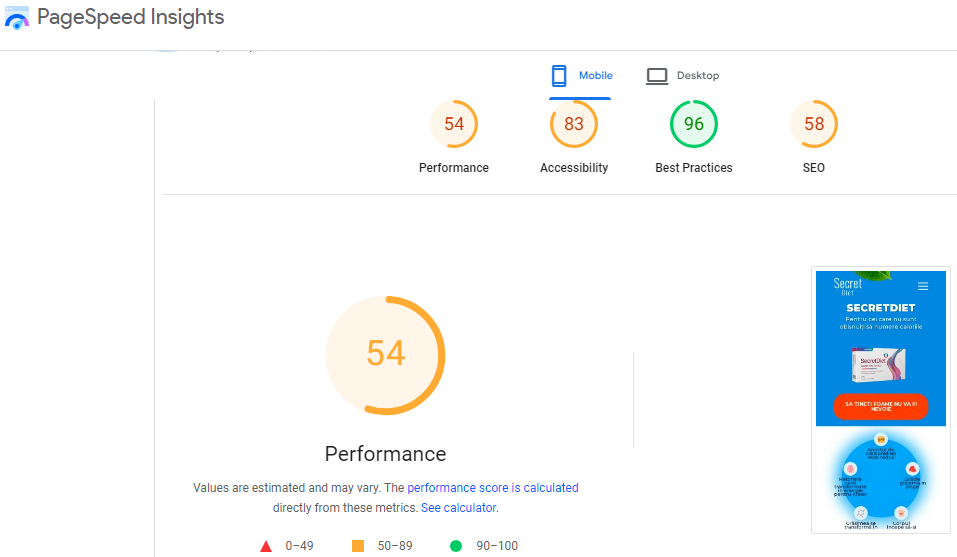
In reality, slow loading is mainly an issue for "heavy" WordPress websites overloaded with graphics, plugins, scripts, and complex features. Most landing pages are much simpler, so they load a lot faster.
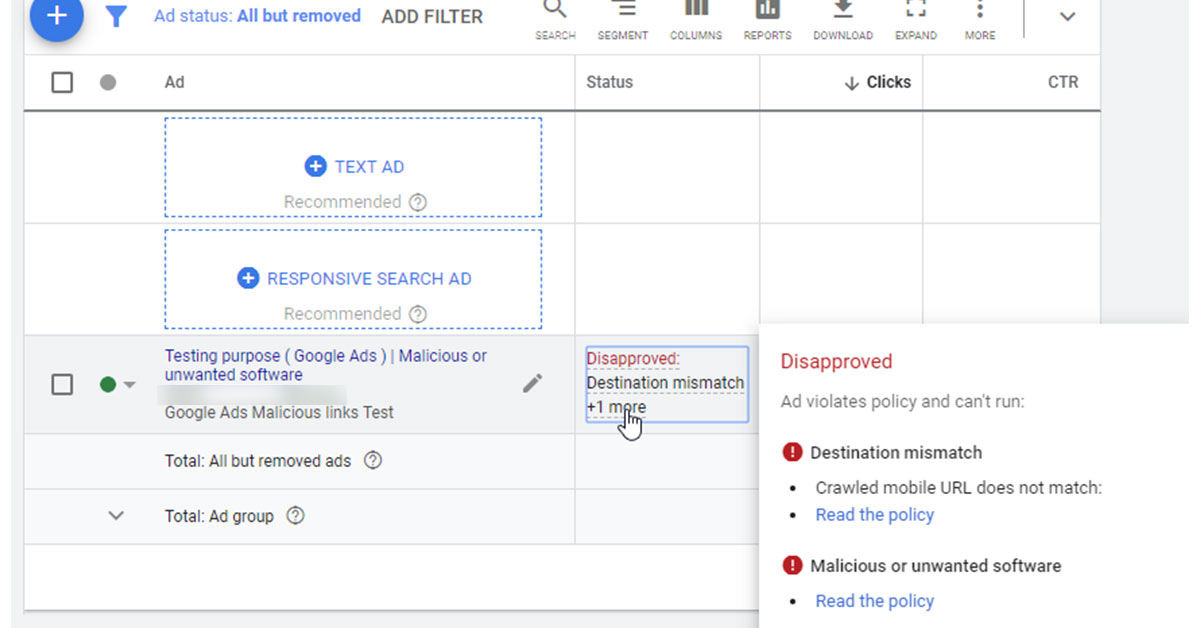
To avoid the risk of getting into problems with Google Ads like ad account suspensions or bans, experienced affiliates often run their campaigns through trusted agency accounts from services like YeezyPay. These ad accounts have a better standing with Google Ads.
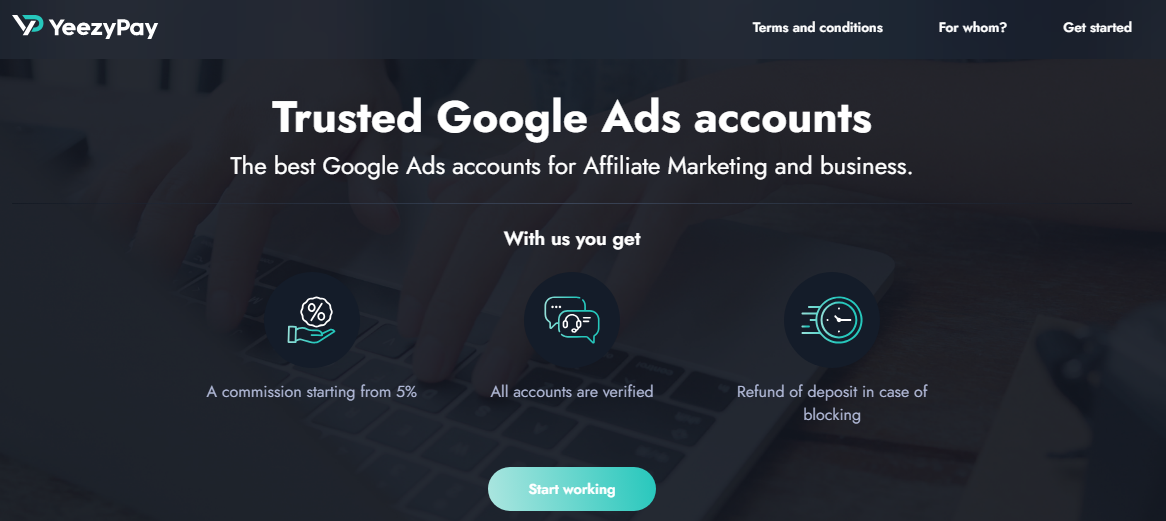


When creating a landing page for running ads with Google Ads, it is important to understand that the algorithms' overall assessment of the landing page is influenced by:
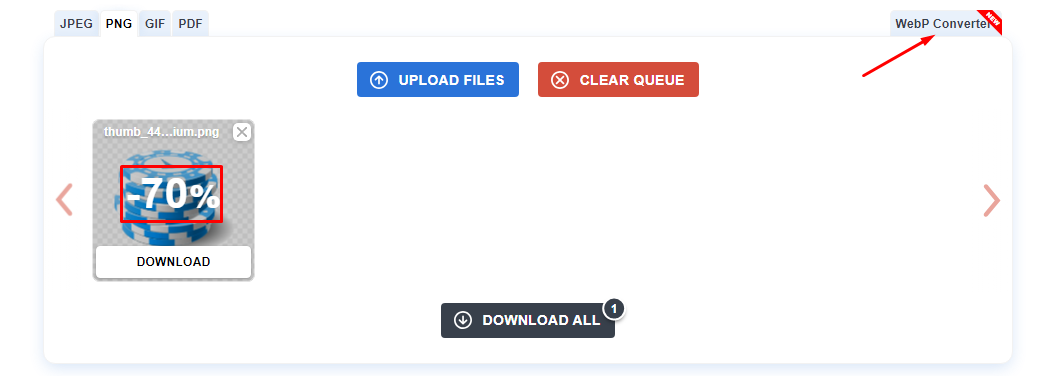
You can also speed up the response of a landing page from anywhere in the world using a caching plugin and a content delivery system (CDN).
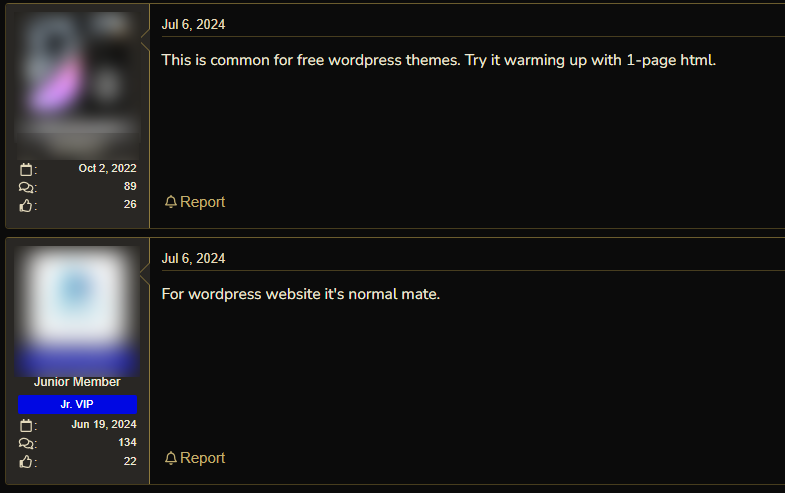
By considering all these factors when creating landing pages for Google Ads, you can significantly increase your chances of success against your competitors.
In this article, the YeezyPay team, a service that provides access to trusted agency accounts for Google Ads is going to clarify whether these fears are true or not, and whether the Google Ads system is really biased towards websites created using the most popular website builder.
Analyzing the "conflict" between Google Ads and WordPress
Let's look at what might actually cause Google Ads to "dislike" landing pages designed on WordPress.
Page loading speed
Many affiliate marketers on forums claim Google doesn't want to promote WordPress landing pages because they load too slowly on users' devices. The perception is that WordPress websites are slower than custom-built pages.In reality, slow loading is mainly an issue for "heavy" WordPress websites overloaded with graphics, plugins, scripts, and complex features. Most landing pages are much simpler, so they load a lot faster.
Heavy code and SEO issues
WordPress's structure has layers of unnecessary code that can hinder SEO and make websites less visible to search engine crawlers. Google Ads may also see pages with too many elements and too much text as low-quality. So without proper optimization, affiliate marketers may get low Quality Scores, leading to higher ad costs and worse ad placements.Over-reliance on plugins and templates
Using WordPress plugins is convenient and effective. But the "dark side" in this story lies in possible mismatches between different plugins and themes. Such mismatches on the landing pages are often perceived by Google Ads algorithms as potentially malicious software, which can lead to the appearance of the "Malicious or Unwanted Software" error. This error sometimes can lead to ad disapprovals, and if overused it leads to account suspensions/ bans.To avoid the risk of getting into problems with Google Ads like ad account suspensions or bans, experienced affiliates often run their campaigns through trusted agency accounts from services like YeezyPay. These ad accounts have a better standing with Google Ads.
Security concerns
Due to its popularity, WordPress often becomes a target for hackers and "virus epidemics." In the case of landing pages, which are mainly used only during an active advertising campaign, the probability of hacking by attackers is low. However, for multi-page websites that "live" for several years, the issue of security is especially important — the availability of a large number of templates, themes, scripts, and plugins for WordPress and the knowledge of their functionality by attackers may not benefit the website and its owner. For example, competitors can gain access to the database of all leads who left a request or made a deposit on the website.How can affiliates connect their WordPress landing pages with Google Ads?
In fact, Google Ads algorithms don't care what platform a landing page or pre-landing page is created on. The advertising platform focuses on the end result, analyzing many variables both in the entire setup and separately in the components of the landing page.When creating a landing page for running ads with Google Ads, it is important to understand that the algorithms' overall assessment of the landing page is influenced by:
- Loading speed: Google wants users to quickly access information and not close the page due to a "long" wait of 3-5 seconds. Therefore, it is important to use a minimum of plugins, compress images, and convert PNG and JPG files into modern lightweight formats (for example, WebP). Free online services can be used for these purposes.
You can also speed up the response of a landing page from anywhere in the world using a caching plugin and a content delivery system (CDN).
- Mobile responsiveness: Today, almost 80% of users access the Internet using a smartphone. Therefore, landing pages need to be adapted to any screen size, eliminating layout problems.
- High-quality and unique content: Google Ads strongly recommends that advertisers create original, high-quality content for landing pages. Rather than relying on "copy-paste," they should write informative and well-formatted text, alongside various elements to engage users and encourage them to spend more time on the page.
- Clear structure and simple navigation: The algorithms of the advertising platform more actively promote landing pages and websites where users can easily find the necessary information and understand what is being offered to them.
- Content relevant to the ad: Do not try to deceive the system by giving users something that does not match their requests and expectations. This will lead to a useless waste of budget, attracting non-targeted and/or low-quality traffic, as well as stopping the advertising campaign and even blocking the account.
- Using paid WordPress themes: Many affiliate marketers on forums note that using free themes for landing pages and websites on the popular engine often leads to the suspension of advertising campaigns due to a "compromised website." If you can't do without free themes, it is recommended to first run traffic to a page created on simple HTML. If possible, CSS and JavaScript should also be used.
By considering all these factors when creating landing pages for Google Ads, you can significantly increase your chances of success against your competitors.





